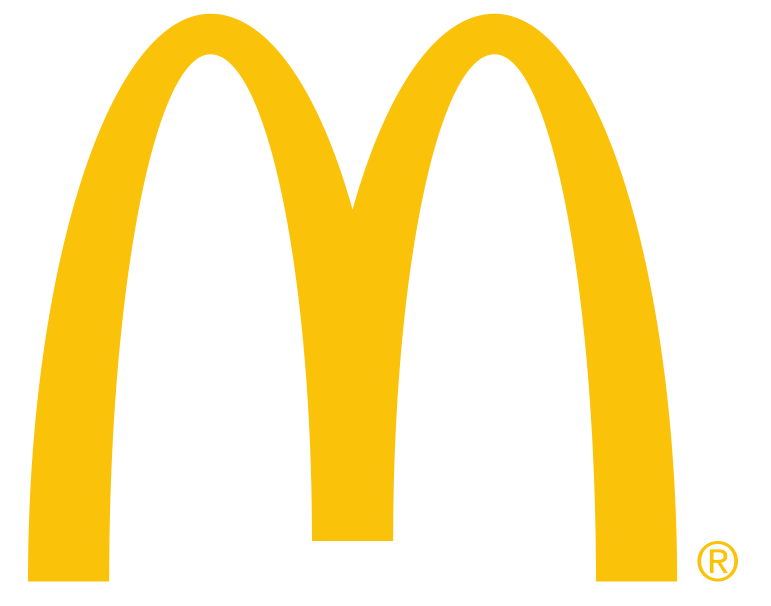McDonald's South Africa takes a Paradigm Shift Towards Sustainable Agriculture

In an era marked by increasing
awareness of environmental concerns and a growing demand for
corporate responsibility, McDonald's South Africa has emerged as one
of the leading figures in the realm of sustainable agriculture.
Smart
agriculture embraces innovation to combine diverse and sustainable
methods to tackle the climate challenges of specific coffee
farming communities that farm coffee.
It embraces farming techniques such as soil and crop management,
water conservation, all with the intent of improving farmer
productivity to secure the livelihoods of farmers.
As
one of the world's most recognizable brands, the company has
undertaken significant initiatives to reshape its supply chain,
embracing practices that not only benefit the environment but also
contribute to the long-term viability of the agricultural sector.
At
the heart of McDonald's, globally, sustainable agriculture efforts is
a commitment to sourcing raw materials responsibly. The company
recognizes the impact that its operations can have on the environment
and has set ambitious targets to mitigate these effects. One of the
key pillars of the company’s sustainability strategy is the
responsible sourcing of agricultural commodities, including beef,
poultry, coffee
beans and key ingredients for its iconic menu items.
Locally,
taking its coffee
choices to an ethical, as well as environmental level, McDonald’s
South Africa, through its coffee
lifestyle brand, McCafé, does not simply believe in and endorse
farming practices that protect the environment, but also how it can
ensure protection of workers in the industry. Its alignment to the
Rainforest Alliance (RFA), ensures all of this.
At
McDonald’s South Africa, feel good coffee
not only describes the premium quality coffee
beans used in every great-tasting cup of McCafé coffee,
but more meaningfully, demonstrates a commitment to sustainable
coffee
through climate-smart agriculture.
Customers
can rest assured that McCafé recognises the global movement
spearheaded by the RFA that protects the environmental and social
practices which ensure coffee
is grown and traded in ways that support communities and sustainable
sourcing.
The
RFA works with more than 40 000 certified coffee
producers in Latin America, East Africa, and Asia. The RFA ensures
that certified farms, from where McDonald’s sources its coffee,
follow sustainable agricultural practices that protect the
environment and promote biodiversity. To be certified, these farms
must ensure human rights are applied, ongoing protection and
consideration of the natural habitats of animals, reduce water usage,
and limit the use of harmful pesticides and chemicals.
Smart agriculture embraces innovation to combine diverse and sustainable methods to tackle the climate challenges of specific coffee farming communities that farm coffee. It embraces farming techniques such as soil and crop management, water conservation, all with the intent of improving farmer productivity to secure the livelihoods of farmers.
In
addition to responsible sourcing, the company has invested heavily in
supporting farmers' adoption of sustainable practices. The company's
"Scale for Good" initiative focuses on empowering farmers
with the knowledge and resources to implement sustainable farming
methods. This includes providing training on efficient water use,
soil health, and biodiversity conservation. By supporting farmers in
their transition to more sustainable practices, McDonald's is not
only enhancing the environmental impact of its supply chain but also
contributing to the overall resilience of the agricultural sector.
The
company’s commitment to sustainable agriculture is not confined to
its direct operations. It has set clear goals to address the broader
challenges facing the global food system. By leveraging its
influence, McDonald's aims to inspire positive change throughout the
industry, encouraging other companies to adopt more sustainable
practices, the same way they have implemented better coffee
practices.
The
company's journey towards sustainable agriculture has not been
without challenges. Balancing the demand for affordable and
convenient food with the imperative of sustainable sourcing requires
careful navigation. However, McDonald's South Africa is committed to
finding innovative solutions that address these challenges while
maintaining its core values.
One
notable initiative is McDonald's South Africa’s Power of the Bean.
McDonald’s South Africa has remained committed to sticking to our
RFA commitments, as this is the most responsible, ethically-sound way
to let our customers enjoy the best coffee
beans in the world and feel good about it.
Not
only does it serve great tasting coffee,
but it also ensures that it sources its coffee
beans and treats its coffee
waste in a sustainable way, putting the company on course to reach
its goal of sourcing 100% more sustainable coffee.
The
beans are ground in small batches at each McDonald’s South Africa
outlet throughout the day and combined with its own special blending
formula - using only high-quality coffee
machines and equipment specifically designed for brewing quality
coffee.
In addition the coffee
delivered to the South African customer is consistently at the right
temperature and flavour.
The
coffee
menu caters for every type of coffee
drinker. From the coffee
enthusiasts who enjoy a large brew of coffee,
to flavour chasers who like a good latte or iced coffee,
be that espresso-style or cappuccino, we heed our McCafé customer
preferences.
Feel
good coffee
exudes an enjoyable and holistic customer experience that is
underpinned by a value that every customer can feel good about how
McDonald’s South Africa uses its Scale for Good to make a positive
impact on the environment.
For
example, coffee
waste is repurposed and recycled, with a highlight being the
transformation into fertiliser for use in over one hundred community
vegetable gardens around the country, which create jobs and
employment opportunities.
Ground
coffee
waste is also used to manufacture the seed paper, and germination
cups for McDonald’s South Africa’ “Sow The Bean” campaign,
whereby coffee
lovers who purchase at McDonald’s South Africa’s restaurants, can
redeem a collectable seed growing kit comprising of chives, tomatoes,
chilies, and lettuce for home planting.
As
consumers increasingly prioritize ethical and environmentally
conscious choices, McDonald's South Africa’s commitment to
sustainable agriculture not only aligns with evolving market
expectations but also sets a commendable standard for the entire
business community.
By demonstrating that sustainability and profitability can go hand in hand, McDonald's is proving that responsible business practices are not only good for the planet but also for the bottom line.

